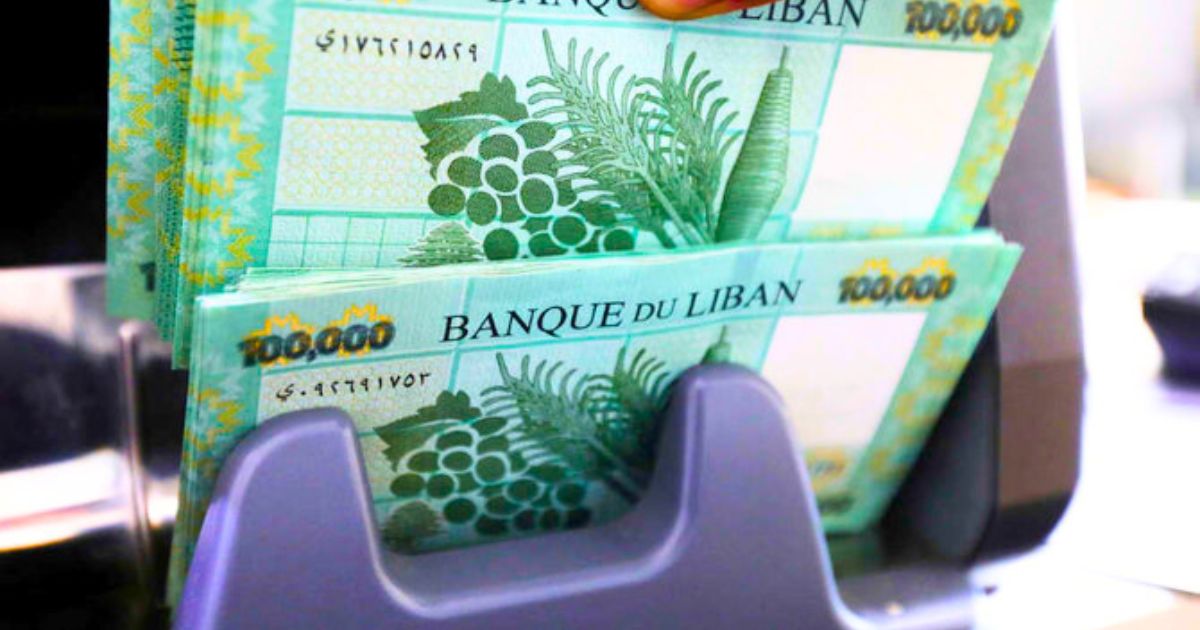The Lebanese Cabinet approved on Wednesday a new plan to restructure Lebanon’s electricity sector.
The Lebanese government ratified the plan and amended previous versions to create an Electricity Regulatory Authority by 2022.
The new reforms in the electricity sector come as pre-conditions for Lebanon to secure western and World Bank funding to increase the power supply.
The corruption in the electricity sector in Lebanon started during the Civil War in the absence of functional governments for over a decade and employees defecting their posts. People in the different divided regions had to secure their need for electricity by any means necessary.
The situation didn’t improve, but worsened instead, after the Civil War in the 1990s with corruption taking a higher level, that of the management – or lack thereof – by successive ministries.
Promises by ruling parties were made and the results of major funds for reforms and projects remain unseen to date.
The Lebanese people continue to struggle to secure enough power to last them 24 hours, when possible, relying on private generators, which have brought in the heavy burden of high bills and more pollution.
With the economy collapsing since 2019, people have been enduring even more severe power cuts, with some lasting days, making their lives a daily hardship:
More often than not, food stored in fridges ends spoiled, students have to study at the light of candles, elevators stop functioning, internet connection cuts off, people working from home struggle to meet deadlines, air conditions stop, which has led people to sleep on their balconies during the hot summer nights, and so on.
Winters are no less difficult on the people.
This current one has been the harshest and coldest for years, with snow unusually reaching coastal cities like Jbeil, and Dbayeh. Many are unable to get enough heating due to the power outages, the high prices of fuel, and the shortage of diesel.
Lebanon had previously secured a deal, backed by the World Bank, to import Egyptian gas and Jordanian electricity that “could increase power supply to up to 10 hours per day,” according to Energy Minister Walid Fayyad.
The International Monetary Fund (IMF) has also discussed with Lebanon a bailout program to prevent the electricity issue from causing a further drain on public monetary reserves.

















